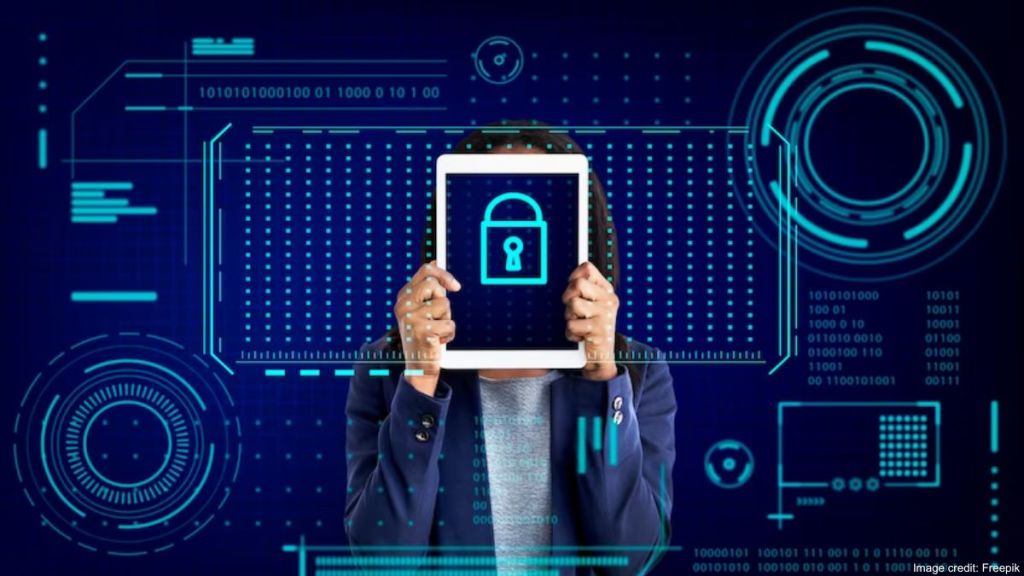As digital becomes a reality, fraud too has become an area of concern. Safeguarding data is something that needs to be paid attention to in this digital era. As a result, it is believed that Artificial Intelligence (AI) and blockchain, among others, will aid in mitigating fraud. “AI-driven identity verification and consent management allow users to control who can access their data and for what purpose. Alongwith this blockchain offers a transparent and immutable record of user consent and data access events,” Vivek Gupta, CTO, CoinDCX, a crypto exchange, told FETransform-X, adding that the synergy of AI and blockchain has the ability to introduce the concept of self-sovereign identity solutions and offers innovative solutions that address privacy concerns.
During the first quarter of 2023, over six million data records were exposed worldwide through data breaches. Since the first quarter of 2020, the highest number of exposed data records was detected in the fourth quarter of 2020, which is about 125 million data sets, as per insights from Statista, a market research platform. Industry experts believe the use of AI algorithms in sorting and processing data based on attributes and blockchain’s multi-chain systems can enhance scalability by sorting data according to privacy levels. This is expected to store sensitive and non-sensitive data separately on different chains, amplifying privacy and contributing to reducing the rate of data breaches.
From what it is understood, fraud related to data privacy such as identity-based fraud, money mules and UPI fraud, among others have increased. Between the first and second quarters of 2022, UPI fraud has risen by 34%, as per insights from the National Cybercrime Reporting Portal (NCRP). “With techniques, such as zero-knowledge proofs and homomorphic encryption the cryptographic advancements can facilitate AI computations on encrypted data, allowing for insightful analyses while upholding data sanctity. Consequently, individuals can securely participate in AI-powered activities without compromising their sensitive information,” Pradeep Aswal, CEO, The Blockchain Council, a blockchain and deeptech certification platform, explained.
Interestingly, the passing of the Digital Personal Data Protection Bill (DPDPB) on August 11, 2023, has highlighted the importance of processing digital personal data in a manner that recognises both the right of individuals to protect their personal data and the need to process such personal data for lawful purposes. This is believed to have led to taking more initiative for maintaining data privacy, as data privacy is believed to be not just about protection but also fuels innovation, especially in the digital era.
“Apart from implementing regulations, experts are also introducing technologies that could enhance data privacy. Use cases such as by using AI and blockchain, experts have introduced IPwe to create a transparent and automated Global Patent Registry (GPR). This is believed to be an exclusive blockchain repository aggregating current, historical, and active patent data. IPwe is expected to be the world’s first global patent market with a focus on helping small-to-midsize enterprises understand, manage and transact their intellectual property (IP) assets,” Dilip Chenoy, chairman, Bharat Web3 Association, a Web3.0 technology-based organisation, concluded.









